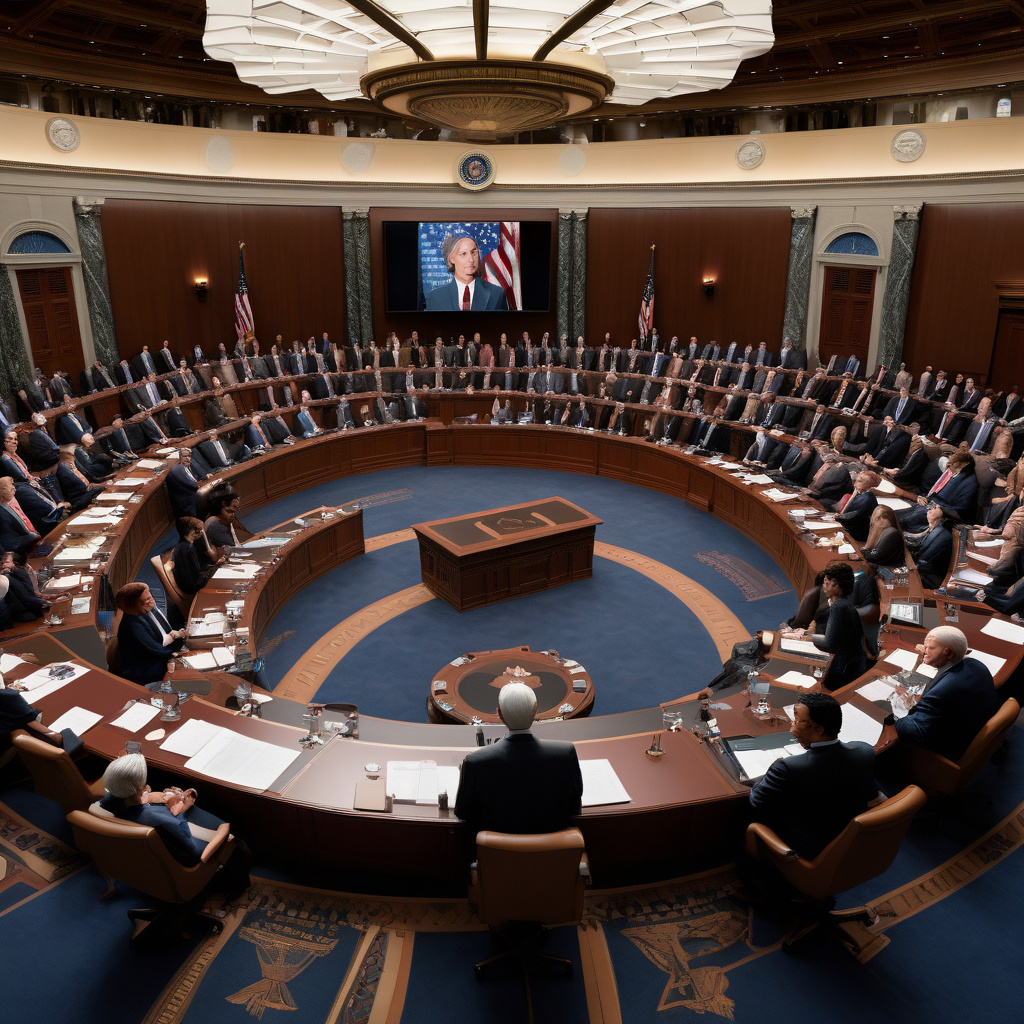Senators Investigate Google-Anthropic, Microsoft-OpenAI Deals: Antitrust Concerns Rise
In a move that underscores the growing scrutiny of tech giants, Democratic Senators Elizabeth Warren and Ron Wyden have launched a formal inquiry into the partnerships between Google, Microsoft, and AI startups Anthropic and OpenAI. The senators are seeking detailed information about these alliances, expressing concerns about potential antitrust violations and the consolidation of power in the dynamic AI market.
The lawmakers have raised alarms about how these corporate collaborations may stifle competition, evade antitrust regulations, and ultimately limit choices and increase prices for businesses and consumers utilizing AI technologies. This inquiry spotlights a pivotal moment as businesses increasingly rely on AI systems, facing the risk of restricted options and inflated costs if market consolidation goes unchecked.
Google’s 14% ownership stake in Anthropic, following a substantial $3 billion investment, and Microsoft’s undisclosed relationship terms with OpenAI are at the center of the investigation. The senators argue that these partnerships could operate as de facto mergers, enabling companies to pool talent, information, and resources without facing the usual scrutiny that mergers and acquisitions would entail.
The inquiry also delves into how these collaborations might monopolize crucial computing resources necessary for AI development. Questions have been raised regarding whether Anthropic and OpenAI receive privileged access to Google’s and Microsoft’s computing capabilities, potentially creating an uneven playing field that limits access for other AI providers and stifles innovation.
Moreover, the movement of talent and information between these partner organizations is a significant concern. The senators are investigating whether individuals hold positions at both companies simultaneously, raising worries about talent consolidation and information sharing that could further entrench the dominance of these partnerships in the AI sector.
One particular worry highlighted in the inquiry is the potential for these partnerships to create barriers that lock AI developers into specific cloud service providers, limiting flexibility and increasing costs. Exclusivity contracts and hefty egress fees could hinder developers from switching to more suitable solutions, while specialized AI semiconductor developments could deepen these technical dependencies, reducing options for enterprise customers.
The senators have also inquired about potential acquisition plans by Google and Microsoft, seeking clarity on whether discussions have taken place and if the AI companies are open to such deals. The possibility of complete acquisitions looms large, which could cement the partnerships and erode any remaining independence between the companies, further consolidating power in the AI market.
Looking ahead, this inquiry underscores the broader regulatory concerns surrounding AI market concentration, especially as enterprise adoption of AI technologies accelerates. Companies crafting AI strategies should monitor the evolving regulatory landscape, as potential antitrust actions could disrupt existing AI supply chains. Stronger antitrust enforcement may ultimately foster greater competition and innovation in the AI market, benefiting businesses and consumers alike.
As the debate around AI consolidation gains momentum, it is clear that regulatory bodies are closely monitoring these developments to ensure a fair and competitive AI landscape. The outcome of this inquiry could have far-reaching implications for the future of AI technology and its impact on businesses worldwide.

